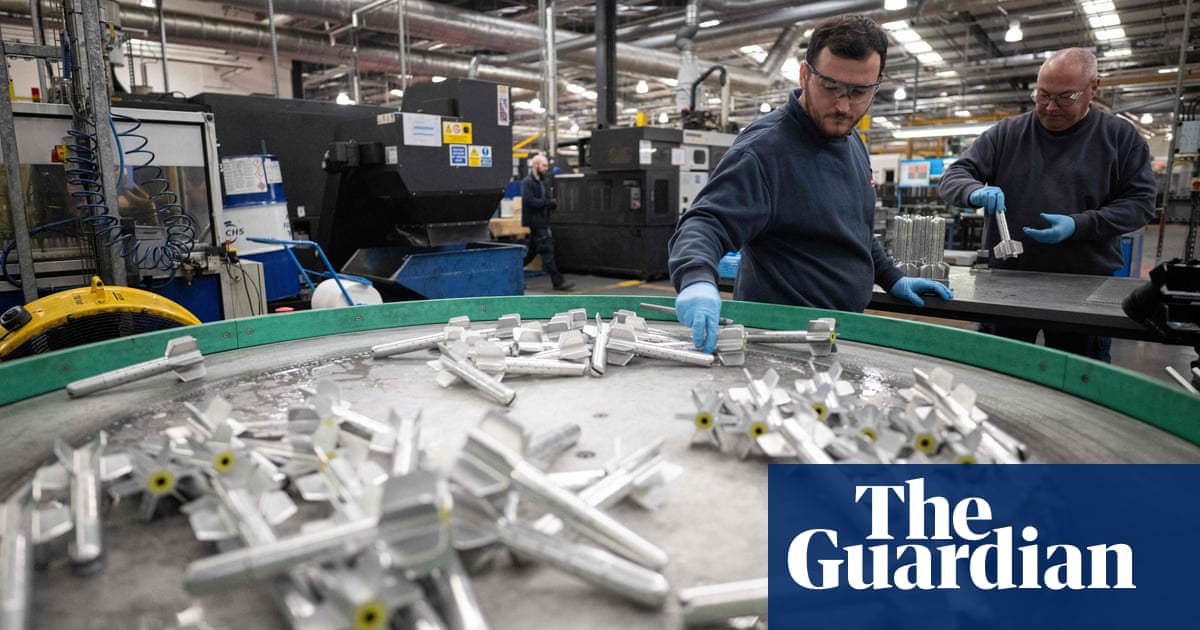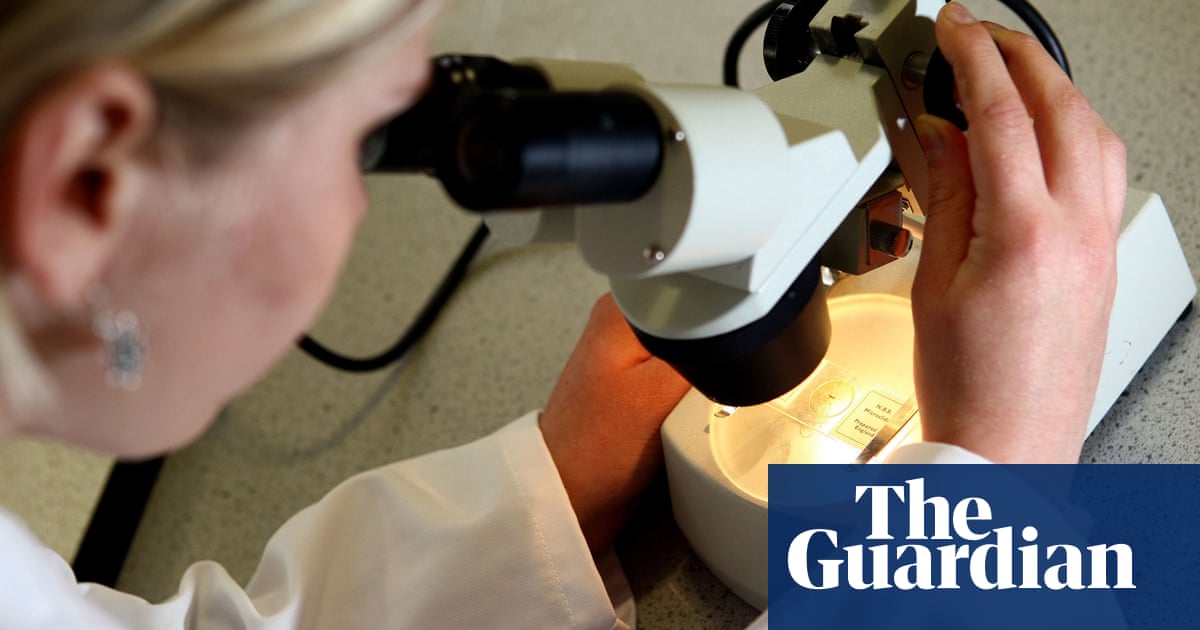Working from house may harm girls’s professions because of the truth that they’re much much less almost certainly forward proper into the office than their male coworkers, the one in command of Britain’s biggest construction tradition has really alerted.
Debbie Crosbie, the president of Nationwide, claimed the truth rather more girls have really capitalized on adaptable working– as they typically are likely to deal with job and little one care– may cost a little them with reference to improvement to much more aged features.
Nationwide, which has higher than 17 million customers and 18,000 employees, 60% of whom are girls, generated a “work anywhere” plan for crew that didn’t function in branches all through the pandemic. The plan remodeled a 12 months again and at the moment requires crew forward in to the office a minimal of two days per week.
Crosbie knowledgeable BBC Radio 4’s Today program on Tuesday: “One of the one good issues that got here out of the pandemic was the truth that individuals bought rather more snug with working flexibly, working from house. And I do assume that’s very helpful.
“My watch out, though, is that what we find, certainly at Nationwide, is that men are more likely to come into the office than women, and we just need to be really careful that we don’t prevent women from accessing the development-watching. I benefited enormously from watching some really excellent leaders and how they navigated challenging problems.”
Crosbie, that took the helm at Nationwide in June 2022 after previously operating TSB Bank, remembered functioning early in her job for Lynne Peacock, after that president of Clydesdale Bank, whom she known as a “very inspiring female CEO”.
She considers herself lucky that she was at the moment an exec when she had her little woman on the age of 32, “and it allowed me to get the opportunity to make different decisions. I got a great lot of support from business leaders who let me work part time for a few years”.
Crosbie claimed girls these days are having children in a while, normally of their late 30s, which is the second when people usually progress to much more aged exec settings.
This 12 months’s FTSE women’s leaders review, a government-backed yearly document, positioned that 42% of supervisors at FTSE 350-listed enterprise had been girls. Crosbie saved in thoughts that earlier than 2011, it was a lot lower than 10%.
“We have made enormous progress. What I’d say is, though, we’re not making enough progress on the CEOs and the executives and it’s really important that we keep pushing the pipeline of senior women coming through to make sure that we really up the amount of female CEOs we have, it’s still very small.”
after e-newsletter promo
The analysis moreover positioned that there have been 21 girls presidents main FTSE 350 corporations, consisting of 10 at FTSE 100 enterprise.
“So whilst we’ve made progress, I think there’s a lot more to do,” Crosbie claimed.



